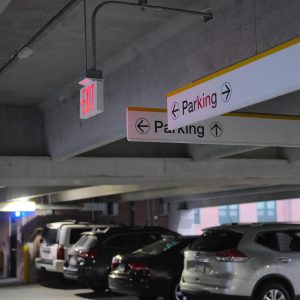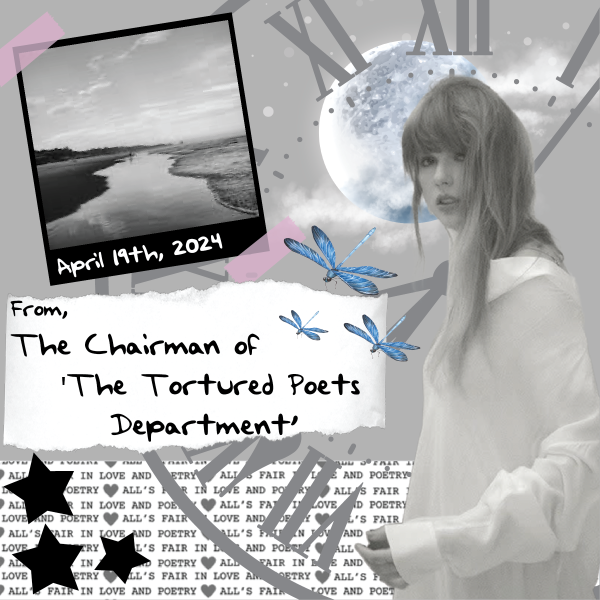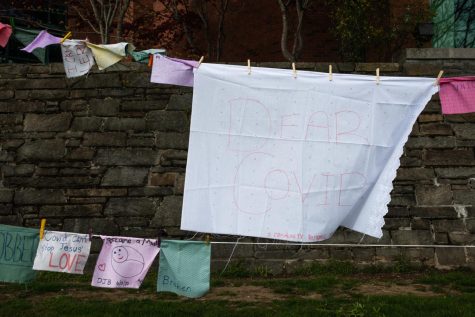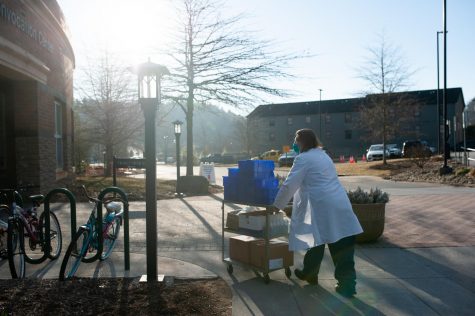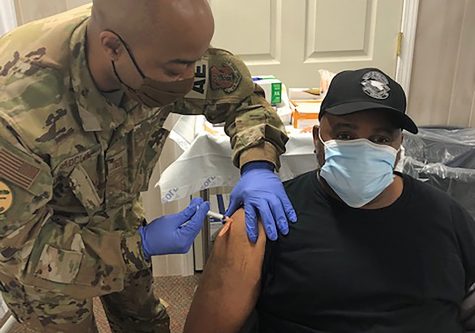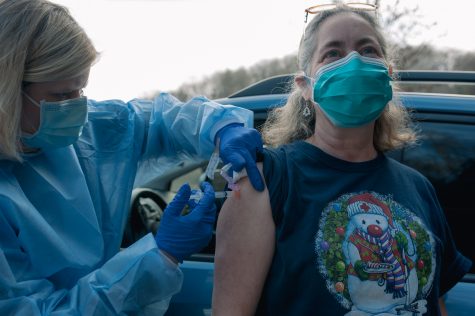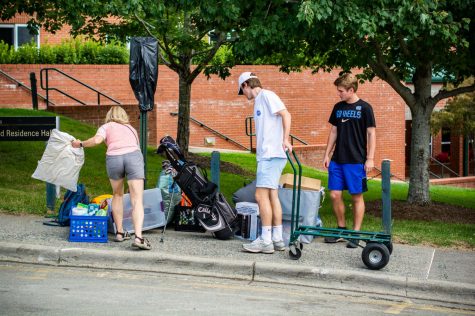Faculty salaries put on hold while UNC System focuses on COVID-19 response
April 3, 2020
For the past year and a half, App State’s Faculty Senate has advocated for raises and higher faculty salaries. However, it appears this will not be happening anytime soon to comply with interim president of the UNC System William Roper suspending all “non-essential” human resources functions, including salary adjustments.
North Carolina reached a budget impasse earlier this year, but the outbreak of COVID-19 was another obstacle that stopped all non-essential HR functions.
“Both things hit right at once. It really has been a tsunami,” said Leigh Dunston, executive-in-residence in the Department of Finance, Banking and Insurance.
In his memo, Roper announced that UNC System universities will temporarily suspend salary adjustments, the creation of new positions or modifying existing positions and new hires, to focus on the system’s COVID-19 response.
“For the past few weeks, we have been in a completely unprecedented situation,” said Faculty Senate Chair Michael Behrent. “Faculty have played a crucial role in how we have moved from in person to online classes and faculty have played an, in my view, admirable role in continuing to offer education.”
The Chancellor can make exceptions, but only under specific circumstances listed in the memo.
Intern Provost Heather Norris stated that right now, the university is unable to commit to a raise because the circumstances are different from when a commitment to a raise was made at the beginning of the academic year.
Then they had expectations that the state would have provided appropriations and that there would not be a pandemic “that is a crisis to the health and the wellbeing of the institution,” Norris said in a video conference Mar. 23 with the Faculty Senate.
“We recognize the virus and its economic impact have a really dramatic impact on the university’s finances and financial prospects,” Behrent said. “There has not been an official response, but we realize that the raises that we hoped and advocated for won’t be happening.”
The suspension of new non-essential hires does not include reappointment of existing faculty members under current term contracts.
“Most of us are realistic about what we expect during these circumstances. What causes us some heartburn is that we see some expenditures of the university continue on unabated, such as allocating money for the stadium project,” Dunston said. “It becomes awfully difficult to see things go on when everything in association with faculty has come to a screeching halt.”
Dunston said some administrators have expressed concerns with faculty wanting raises despite the circumstances with the budget impasse and the pandemic.
However, a source of the issue remains that faculty raises have not kept up with cost of living.
“It is very disappointing because there was a lot of hope and that we would get the salary issue addressed and there were quite a few promises from the administration. Faculty realizes that that’s not going to happen at this point,” Behrent said. “Faculty are reasonable and accept this.”
Some faculty have expressed interest in a one-time payment for online work to Norris and has been a part of several faculty senate conversations with the idea of additional payment for additional work.
Additional work could include training to understand the technology that brings courses online, learning how to create new lesson plans and assignments and creating course activities in an online context as opposed to in person.
“I do think that even though we’re going into this situation, there needs to be an understanding on the part of the administration, UNC System and elected officials,” Behrent said. “This situation is not just bad luck for the faculty, but it does have an impact on the kind of instruction this university can offer and at the appropriate time, whenever that is, we need to have these conversations again.”



